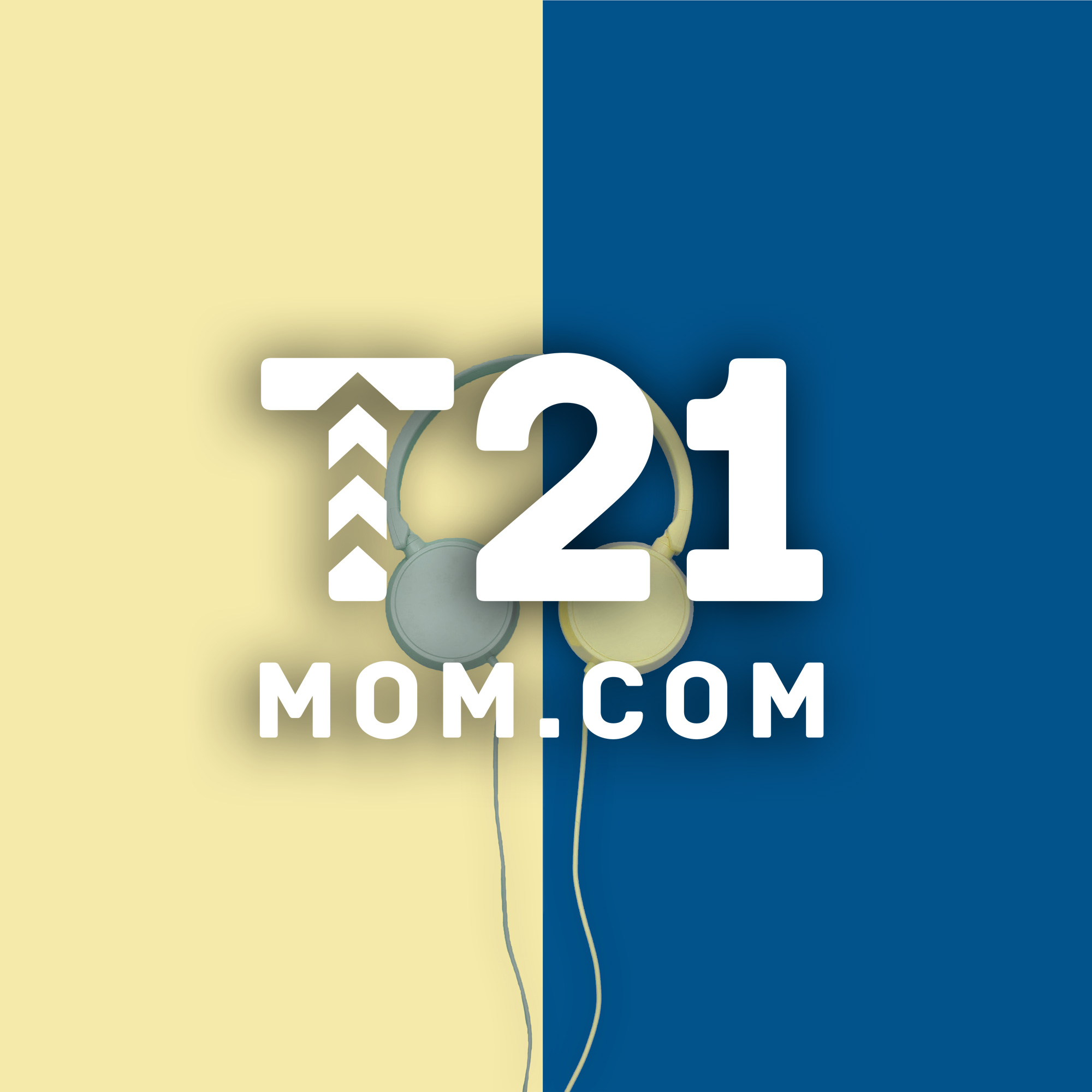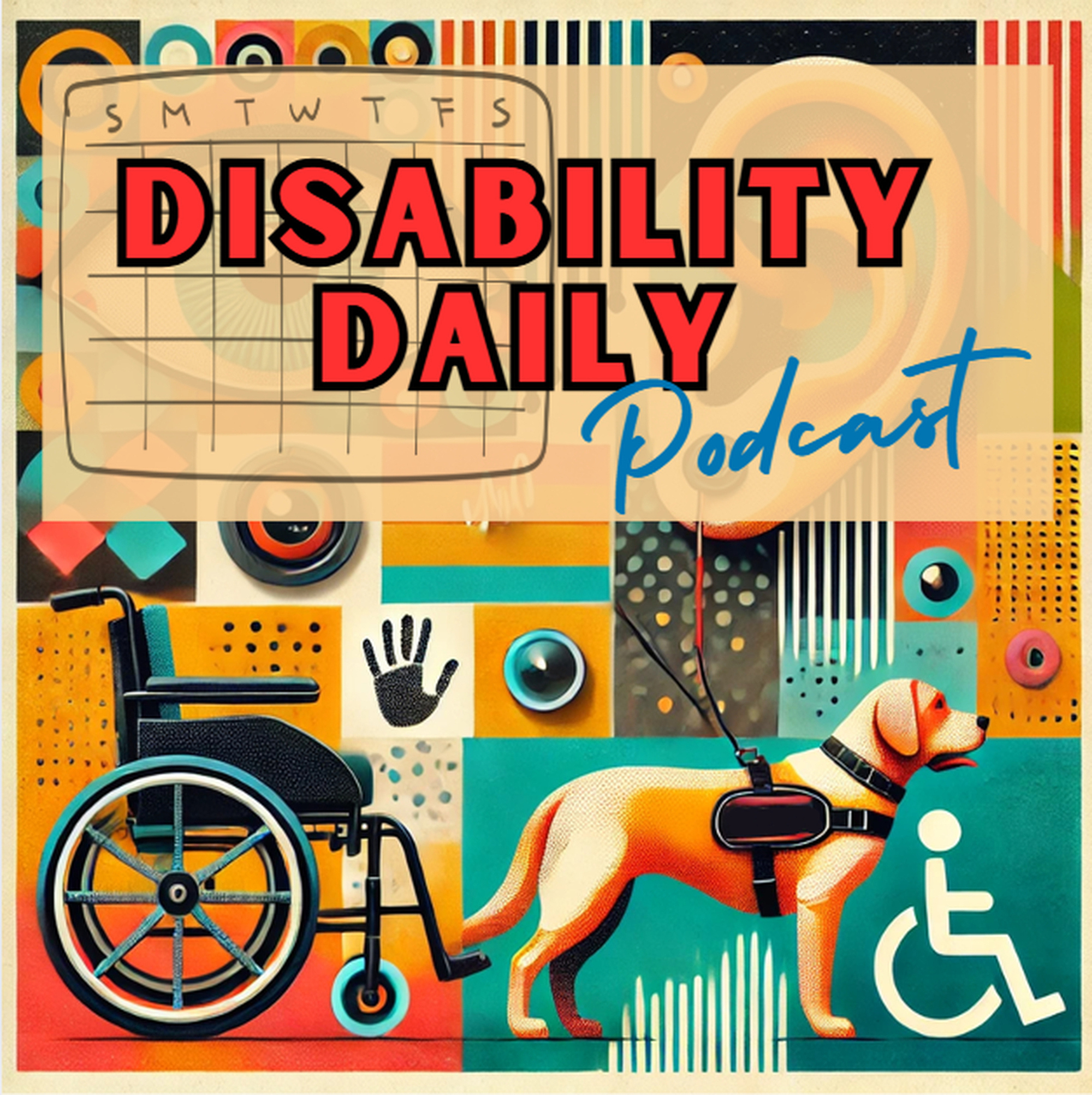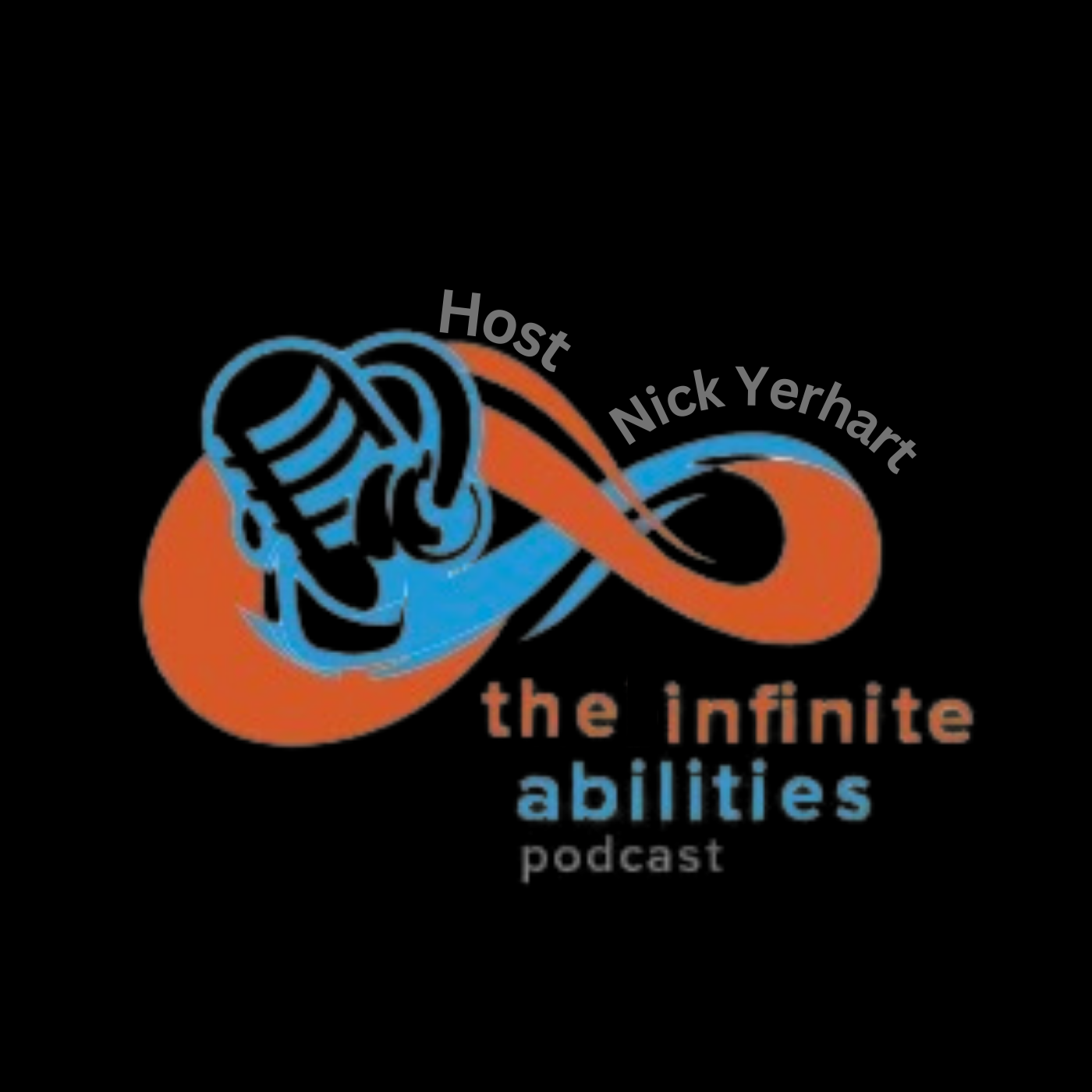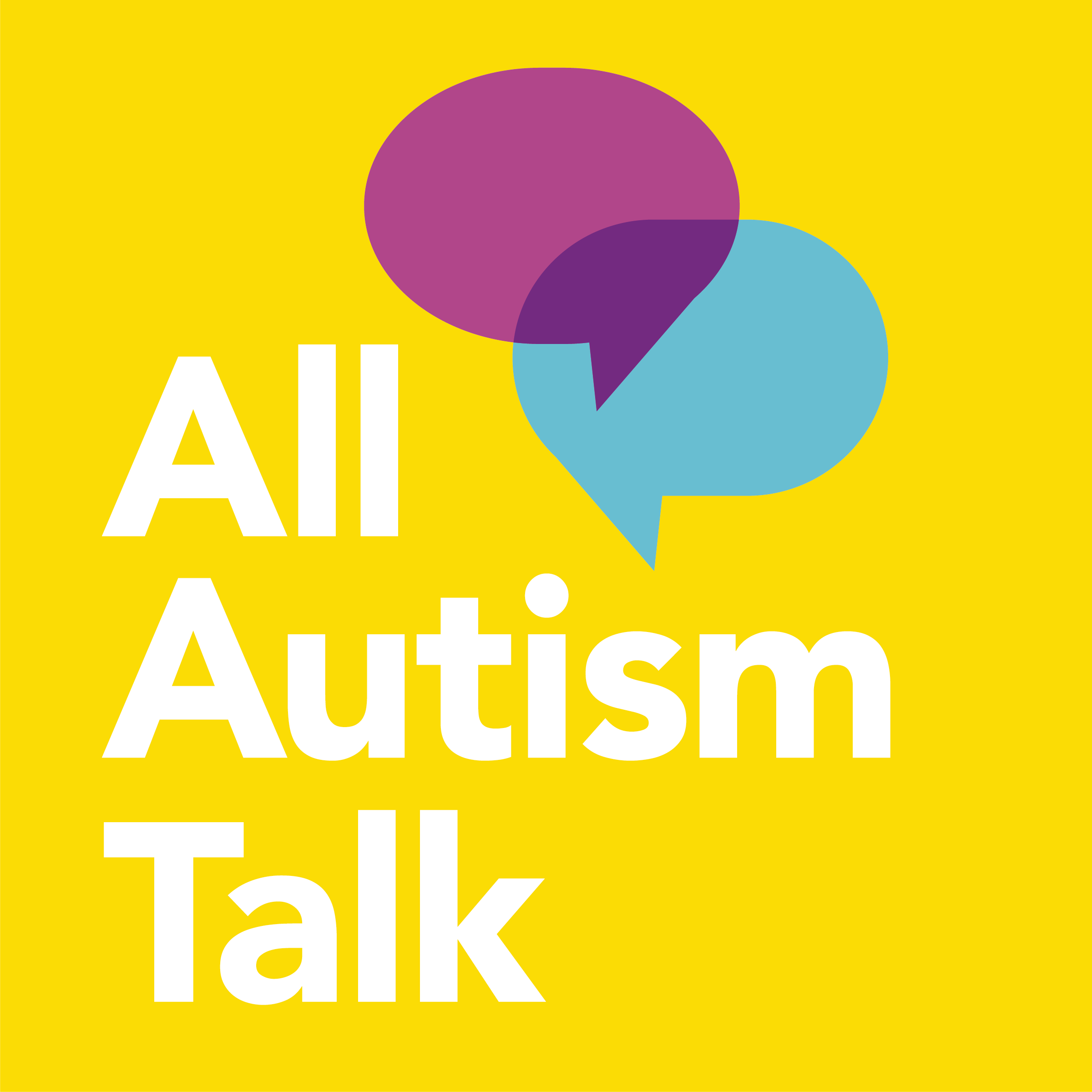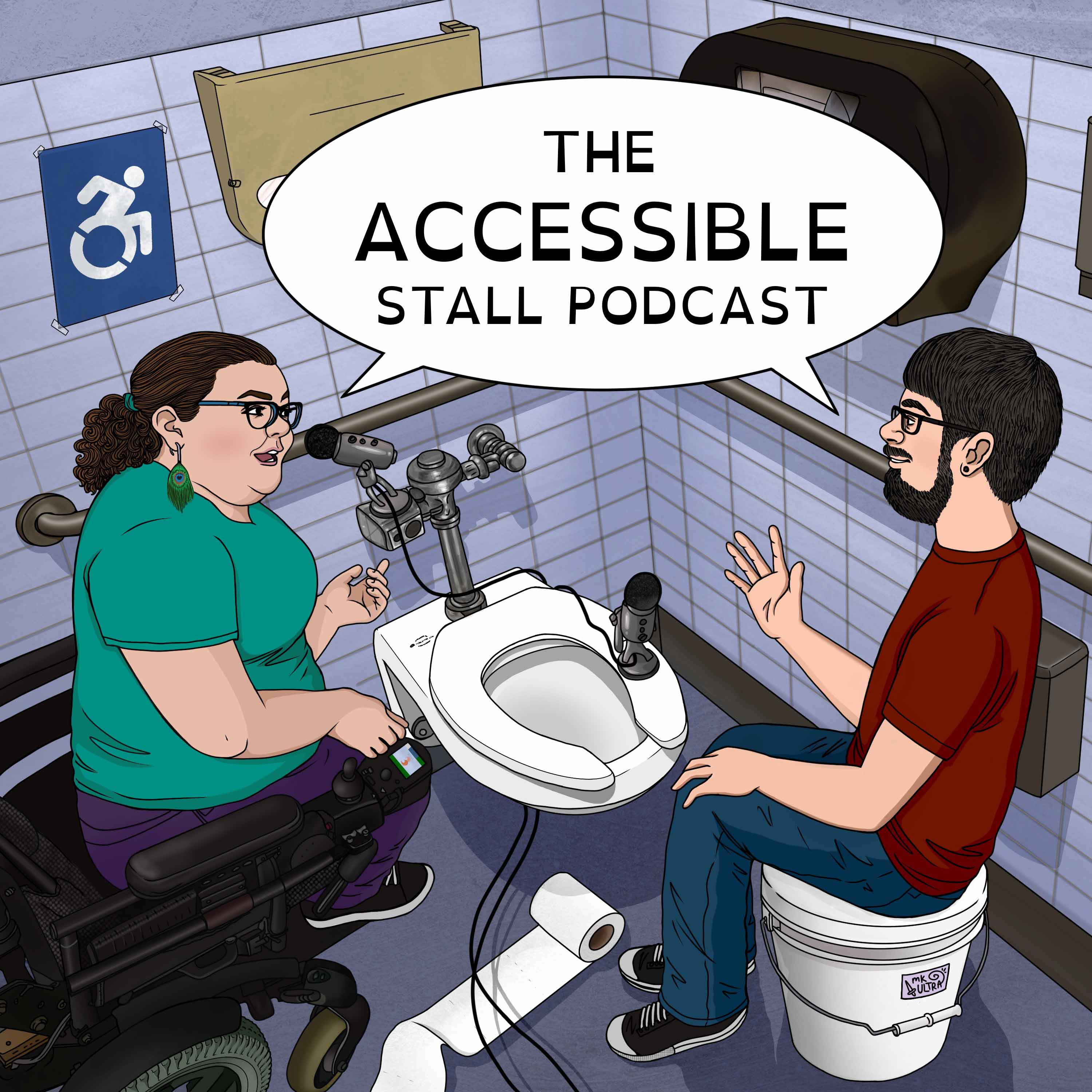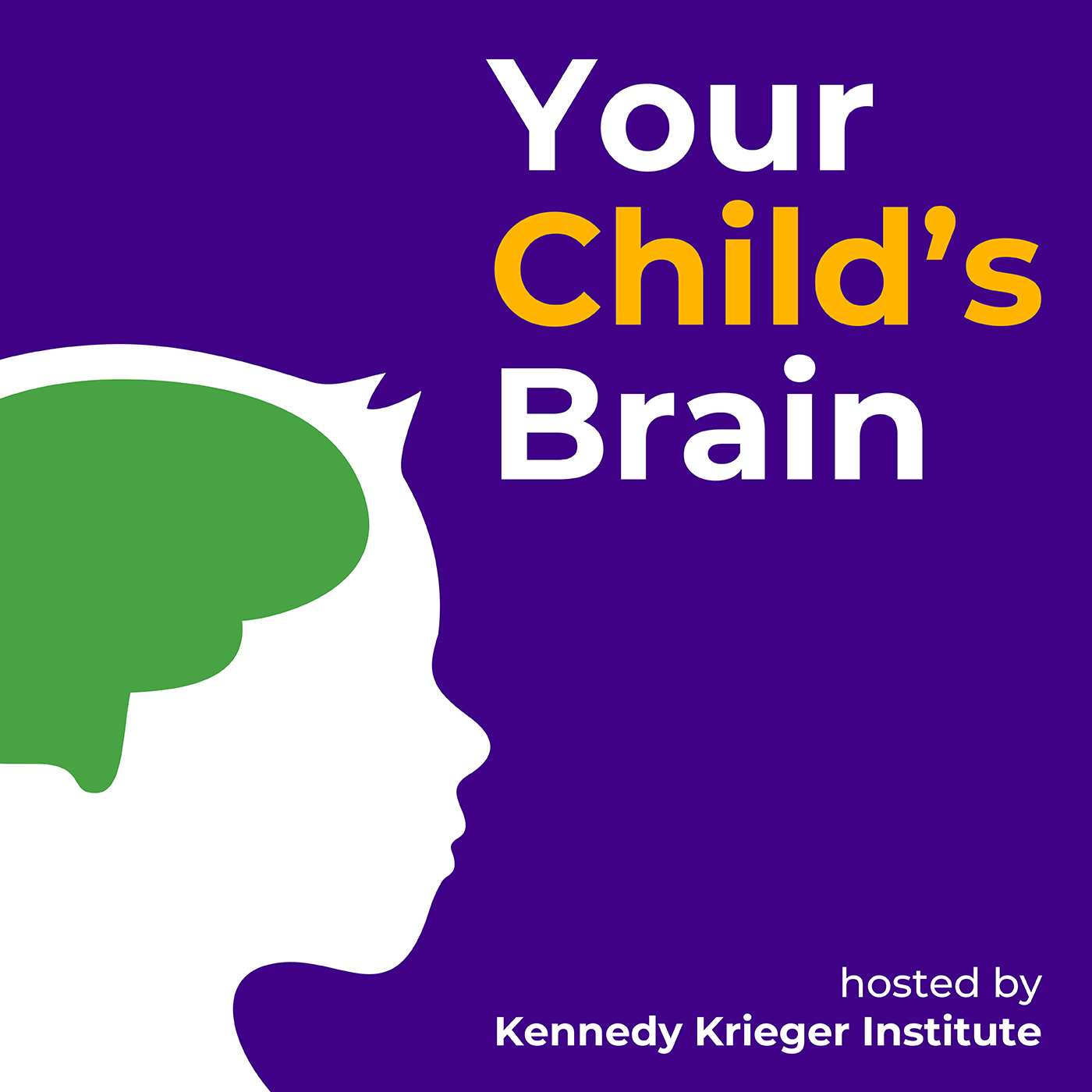
The Post Secondary Transition Podcast
A podcast focused on the ins and outs (and everything in between) of the secondary transition process for families of students with disabilities! Hosts Meghan (Smallwood) and Patrick (Cadigan) serve as supportive guides, leading families step-by-step up each rung of the transition ladder.
Also check out our parent website: https://www.postsecondarytransition.com
The Post Secondary Transition Podcast
059. Interview: Donna & Bayo from The Difference 2-17 Pt. 1
This week, hosts Meghan (Smallwood) and Patrick (Cadigan) interview Donna Pidel and Adebayo (Bayo) Sodunke from "The Difference 2-17. Their discussion covers how the program focuses on self-direction and community building; emphasizing the importance of independence, relationships, and a supportive environment. They talk about how the program has grown from a small initiative to multiple sites, with strong partnerships. They highlight the significance of building a community that cares for and supports its members, ensuring they are never alone. Join the conversation!
Episode Keywords:
transition, self-direction, autism, community building, skill enrichment, independent skills, volunteer opportunities, parental support, cultural shift, relationship building, job progression, member engagement, neurodiversity acceptance, legacy creation, partnerships
Links:
Self Direction (page)
Maryland (specific) Links/Supports:
The Difference 2-17 Team (site)
Shiny Shell (site)
Mommy Magic Cakes (site)
Blossom & Basket Boutique (site)
Ace Hardware (site)
The Last Word (site)
Mt. Airy Commons (site)
Shepherds Purse Alpacas (site)
Wagner’s Meat Market (site)
Mt. Airy Lanes (site)
The Kiwanis Club of Mt. Airy (site)
To download a copy of a transcript for this episode or any of our previous conversations, click here.
Also visit our Podcast webpage to find links to all of our other discussions; go to www.p2transition.com.
Additional information about post-secondary transition can be found at our website.
The Post-Secondary Transition Podcast Facebook page.
Visit our YouTube Channel to find additional video resources.
Intro/Outro music by AudioCoffee from Pixabay.
Transition music by Joseph McDade from Transistor.
Patrick, welcome. This is the Post Secondary Transition podcast. We have conversations around that process, including the ins and the outs for families of students with disabilities. I am one of the CO hosts. My name is Patrick Cadigan. I am a public school transition coordinator, and as always, I have a co host. And who would that be?
Meghan Smallwood:My name is Meghan Smallwood, and I am also a transition coordinator. And I think this is a conversation that we have been excited for and waited for for a long time. But, you know, life gets in the way. So I am so happy that we are sitting down with Donna and Bayo from The Difference two, two, is it 2-17? Or 2-17 or just The Difference?
Donna Pidel:It is 2-17. But you know, a lot of people say it in different ways. We accept all.
Meghan Smallwood:And I know the story behind that, but I know, I want you to share. But welcome; thank you for joining us.
Donna Pidel:Thank you. Thank you. It's great to be here. We've, we've waited to do this quite some time, so thank you.
Meghan Smallwood:But I think it was good that we waited, because I know you've got lots of updates to share. Can we just start with, like, a little background about how you you all began, because I know you didn't start with self direction.
Donna Pidel:No we didn't start with self directions. We started with a relationship between Alex, my son and Bayo probably about 15 years ago when Bayo was working at a different facility and Alex was a member of that facility, and they had a really tight bond. So when I decided to change Alex from a traditional program to self directed program, Bayo continued working with Alexander, and from there, we purchased a home. Both Alexander and Bayo lived together; still do. And you know, a friendship was formed, and from there, we decided to take it a step further and look at how we could improve people's lives that are currently in self directed services by starting our own experience for people.
Meghan Smallwood:I kind of know a little bit of the background, it wasn't just you. There was other parents who had that vision as well, right?
Adebayo Sodunke:Since we started, you know, the vision was all about Alex at the beginning, because we know there's so much out there that he can do. We know all his potentials, and we know one of the things that have caused them to not be able to live to those anxious are, you know, the way the traditional system was set up, not putting the member first. So when we went self directed, we realized, okay, now Alex could do more, right? The opportunity is endless when we can open the doors. And as we see that progress with Alex and seeing try tremendously, of course, the struggle of autism is still there, but we see progress in so many areas about his engagement and activities, his willingness to go out and explore new stuff. They're going on a cop to ride, for instance, you know, he wouldn't have done that in the scope system. So after that, we look like we we have parents meeting with other parents, and they share their concern, and they're so excited to see others, you know, try, because all these women have been part of his life somewhere here. So the girl was like, Okay, how do we benefit from this? And Miss Donna, he has always been like, I want to do it bigger than just for my child. I want to leave a legacy. I want Alice to leave a legacy. And in the dreams, then you've just been fine. Every parent of we've been where we are. We got to where we are through the fight from the parents. And we want to be on that journey with you guys. We want to experience what our lesson is experiencing, and the other members something different. So it's been a beautiful night.
Unknown:I think we started off looking very differently at autism and neurodiversity in a way that doesn't preclude someone from activities, but quite the opposite, that we open that door and open the window to capabilities. So it's unraveling a person's likes their dislikes, and not just showing them what they can do, but experiencing that with them, and through that process, they gain so much in the way of confidence and feeling, you know, feeling good about themselves. So it's really a journey that we don't observe someone take. We take it with them. And I think that's why the difference is so different. It's like every child is our child, and as they experience life or the complications that life can give them, we help them through those complications in a way that is very connected. So we're extremely connected to every single man. Member that's with us.
Meghan Smallwood:And I think you, you said it before. It's the friendship like bio and Alex had, and I've, like, just from the one time I was over to your location, in Mount Airy, you can see that with all the people there, like that was just so different, I think, from other places that I've been. And I mean, that's, it's just extraordinary. And I loved seeing those relationships, and I know the parents just love that as well. And there's that fear, you know, after the 21 of like falling off the cliff and just falling through the cracks and not having those relationships that they had for so many years in the school system, and I feel like you guys are able to offer that. So it's definitely special.
Patrick Cadigan:And very quickly, as I'm sitting here thinking about this, if you could offer an explanation or a definition of what the difference is for our listeners who are unfamiliar with the program, like if you had to walk into a room and give a pitch to what the difference is, what would you say?
Adebayo Sodunke:It's an enrichment program. It's a skill enrichment program. It's a place with friendship volunteer opportunity, a place you get to find your voice and have a voice and have a place to use your skills, shine your skills, and punish them. Use this as a teaching skills. Learn from others. When member come into the difference, it's like a shock to them at first, because they get to a place I could say what I really feel. I can really have a struggle, and I still get loves, and nobody's fighting me back. So it's a place for everybody to be able to be themselves, and I go every single day. Is to teach that independent skills, right? We always say to the staff, make me relevant in your life. We are going to give you every tool within our ability, time after time to make sure not that important to you, because you can cook yourself now. You could make your own bed, you could go to a job, even if you need support. It doesn't mean the person is doing it for you. They're there with you to help you land the job and get promotions. So our job is to open that door. We always say, there's no box. You create the box. People create the box. Our job is to open that door to unlimited opportunities. You have relationship, you build friendship. It's a lifetime. Parents gonna go away before the members goes away, right? So our job is to create that community that stays as a bond that will always be there for that member for the rest of their life.
Meghan Smallwood:That's a great way to put it, because I feel like so many times I'm talking to families about thinking of that circle of support for their their loved one. And I know so many don't want to admit they're not going to be there for the rest of their lives, but it is a hard pill to swallow, so having that group of people that also, you know, embrace them and are there for them is so important.
Donna Pidel:That's so important. We say the same thing Meghan all the time, and we talk to parents about the importance of when your son or daughter leaves high school or leaves the program with which they're in, that they wreck that the parents recognize that their job is to continue to forge growth so that that adult is becomes prepared to be as independent as is possible, whatever that independence means for for each person. And when a parent says, I'm not ready to let go, I understand that as a parent, but at the same time, one has to put them try to put themselves in the place of that adult. One day, that adult will have to navigate life by themselves. And it's not always fun for a parent to let go, but it is best for that adult to start, you know, relinquishing a little bit of control.
Meghan Smallwood:And I like how you phrased, you know, the level of independence that they can get, because I feel like every one of our friends we're talking about has some form of independence. And, you know, it's, it's not black and white. There's, there's lots of gray there, and it can be a small thing, but it's a monumental achievement. And I think we need to celebrate that. I love that. So I guess, like when you were coming up with the idea of, you know, forming this program, were there any resources? Was there anyone else that you went to for advice or an idea of how to get started. They I feel like there's so many parents out there. They're, you know, they have that vision, and they want exactly like, you know, customizing it, but they don't know where to go.
Donna Pidel:Yeah, I think I hear all the time parents that say, I wish I I wish I could do this. Yeah. Yeah. So I think that for for us, we had actually talked about doing this for many years, because we saw that there was a gap and a need for people to make their own decisions. But as far as actually doing it, you have to have some big girl and big boy panties pull them up and say, I'm going to do it. And for me, I think I have always had the kind of character that goes with my gut feeling and takes a risk and just does it. We didn't have any there wasn't anyone doing what we were doing. So we didn't really have anyone except for ourselves to bounce off how to do it. Bayo is extremely resourceful and creative with how to react and interact with people on of all levels of abilities. So he has always been a great resource and a great inspiration to me personally.
Adebayo Sodunke:And I will say that, thank you, mom, and I'm very grateful. It takes a lot to do it. You know, I said, I always say to people, we find it, we find pleasure in doing it. But it's not as easy as it look. It takes someone of a magnitude to give up a whole career that's at the top, right? And that is what the struggle of most...and that's why there's no roadmap, because people are not willing to do that. You know, it's just, let's call it a spade a spade; to give up a whole career and say, "I'm going to follow a dream, gas, no driveway, no pathway, I just have to drive through the bush and create a way." And by the way, we started this just right after COVID. We still have a bit of COVID. That is another dagger to it to say no businesses are hopeful, you really can't get anybody you're not allowed to commute. You're not allowed to be in one place. But what we did is, it's a meeting space. It's not a staying space. We come in there, we get a plan for the day. Everybody get to pick the alicat menu, and they get to go. So we're really not using the space as a needed space, but it's space to meet and get out in the community. So there, yeah, there is nothing out there at that point that give us a clear understanding. But we know what we want, and we really say we're going to do it, even if it's only Alex, we're going to do it every day.
Donna Pidel:And we said, if we could survive in COVID......during COVID, after we got through COVID, I
Meghan Smallwood:Yeah. think that we would be very, very much more organized, because we really didn't know very much of what we were doing. We knew that we wanted to offer people skills to build on, but I think you said a very important thing, Meghan, which is building community. So our goal from the very beginning was so that when parents are not able to be around their children anymore for aging, because of aging and we all become seniors, that our children, their children, would have a community feeling. So if they have a volunteer opportunity, and they don't turn up to that volunteer opportunity that they've been going to week after week after week, that someone at that facility would say, well, where's Mary Jane, she's here every week and go look for her and be concerned about her. So that still stands as today. We want to build our goal is to build community around that person. And like bio said, they we have probably 25 partners that give us jobs, volunteer opportunities and various things, and we build close relationships with them so that when that individual goes to that job and perhaps doesn't show up, they're able to call us and say they didn't show up today, where are they? I think that's terribly important to build community that really cares about that person, so that's why we did this. Yeah, I love that, that their absences notice because they're an important member of the community, kind of going into it, then you talk a little bit about your connections. Can you tell us a little bit about the program? Because I know you started with one, and now you've got multiple, multiple sites.
Adebayo Sodunke:We say, you know, I could, I was just trying to write the list of couple of partnerships that we've had in town within the three, four major city that we're in now, as like, you know, I'm gonna get because we need to give them their flowers. Because when we started, there is nothing as such as what we have in town from Mt. Airy. It was like a little town with, you know, COVID going on. They have a mayor election going on. Everything is quiet, and it is this little tiny company, the little office, like, if, like, a as big as you can imagine it, we come down the street. We're always greeting everybody, giving everybody positive energy. They come to our space to do coffees and teas on Wednesdays. I still remember those days where the current Mayor just lost the election, so he used to come with them, and since then, we got a relationship with Shiny Shell, Mommy Magic Cake, gas, smooth displays, Ace Hardware, Blossom Flower, The Last Word, Mt Airy Commons, Alpaca Farm, Eeire Insurance, the Wagner meat market, Mt. Airy Bowling. And you know, the Kiwanis Club, the Mayor's office, the restock. I can go on and on...
Donna Pidel:And that's just in Mt. Airy.
Meghan Smallwood:Wow!
Adebayo Sodunke:...saying a little right? And the beauty of what we started is when we first start, we used to actually go to those organizations and knock on the doors and try to get in. Now, organizations are walking in and say, I want to be part of this movement. I saw, I see you guys on Facebook. I want my company attached to this. And it speak to the testament not us, but our members, because we always say, "We're not coming to get a free job with you. We're coming to do a job, and we don't want to just be at the bottom of the bottom. We need the same opportunity to progress in your organization. Because I'm a...have autism doesn't mean I cannot do stuff. I just need to find a skill, an opportunity that matters with my strengths." So and that's what we do. We don't just get our members job. We don't just get in on volunteer opportunity. We listen to their voice, we listen to their team, their family, and we understand that if we do that, the best way that we're good at they tend to keep their job. Like, for instance, somebody that loves food and have a weight issue, is we listen to the parent and we listen to the member. We encourage them; so one of the young lady we have works at a flower shop. She's amazing at it. She even go on a day off and say, "Hey, I want to go say hi to my co-workers. Co-workers. You know, you know it was called them friends. So it is so important with what we do, we always understand, like our reason for getting the job is different. We got bills to pay. Sometimes our members need different motivation. So that friendsh...that relationship matter more to them, sometimes not even the paycheck. Because they need they don't have a bill to pay, so they can't connect on the bill side. They can't connect on you guys, you have family problem or financial medical they go, I don't really deal with that. But if you build it on relationship, these people that you're working with, a member was having a birthday party, and we're all in Frederick last Friday. Amazing family brought the children over them, you know, their members over and they were like, oh my goodness, this is what I want for my child on their birthday. You know, this is not a school, but it's like, almost like a walk experience now, where you get to go to your friend's birthday party and hang out with your friends family. So the difference is, it's beyond just a program. It's not even a program. It's pretty much like, sometimes, you know, people will come in and say, This feels like a college atmosphere. Or it was like, oh my goodness, this feels like, you know, like a work environment. But everybody really loved themselves. We have a staff that used to be, you know, in the police, in the military, is work, so many jobs over 40 something. I mean, 50s, it says buyer, for the first time on vacation, I couldn't wait to go back to work. Thank you for the opportunity. He says, I look forward to see the members and to come back. He said, before in my life, I used to go, Oh, get it. The vacation is almost over, but now it's like, I want to get back to work. I want to be back with those guys, and it's not just staff. We're all equal. There's no star bathroom members bathroom, there's no special car. It's all a bunch of guys and girls, ladies. It's just time to be better and learn and give you the opportunity to impact life. It's best place to be in the world every single day. I'm telling you, I love what I do. We are doing when everybody in their jobs is all and we sing randomly pick our staff. We don't just hire people just because they want a job. We want people that their heart belongs there, the one that doesn't take it for granted. They come in every single day, understand they have a role to play. They have a job to do, and it's to help each member become independent, feel loved, feel respected. I feel like they're on top of the world, because they're not defined by D.l.S. They're defined by who they are...
Meghan Smallwood:Yeah.
Unknown:And also, we love it so much. Meghan, this man keeps his phone on all day and all night, 24/7, so the members actually text him...
Adebayo Sodunke:On Facetime...
Donna Pidel:...and Facetime; in the middle of the night, so it could be two o'clock in the morning. If you call bio, he's picking up the phone to every member, every parent. So it's sort of 24/7 we're on not because it's a job, but even a lifestyle. It's a lifestyle. It's a it's a cultural shift. And it's funny, because I've, you know through my son, which he's 36 in 1988 I saw, you know, the beginnings of autism, and what was that? And nobody knew about it. And then grow. Going up through a system that treated people, sometimes not very fairly, sometimes not equally, and to go into a place like the difference and actually change, to witness the change of culture in day programs, because we're bringing those, each individual into the forefront and saying, This is what they can do. This is what they're capable of. You know, we all use the same bathroom. We all eat off of the same plates. We don't eat different food to them. And I do believe it has had an impact on on the culture of where we stand today, with people with different abilities and disabilities just driving it.
Patrick Cadigan:This is where we'll pause our conversation with Donna and Bayo from The Difference. So please join us in two weeks time, as we continue this conversation. We would love the information from this and all our other discussions to reach as many families as possible, and we need your help to do that. So please like, follow and share out our podcast. You can find our conversations on all the major podcast platforms, including Apple, Spotify, YouTube, music, and that's just naming a few. So please share and share often. You can always find the links to the information from this discussion in our show notes.
Meghan Smallwood:Check out our YouTube channel. We've done some of the legwork for you by curating videos of topics that revolve around transition. We have playlists we cover guardianship alternatives to guardianship ABLE accounts. And there's still more to come as we are finding those videos that we think will be valuable to use. So please be sure to subscribe there as well. And then finally, check out our website, which is full of information and links to resources around the transition process. So make sure to go to www postsecondarytransition com. We thank you so much for the time you spent with us, and look forward to talking again soon.




